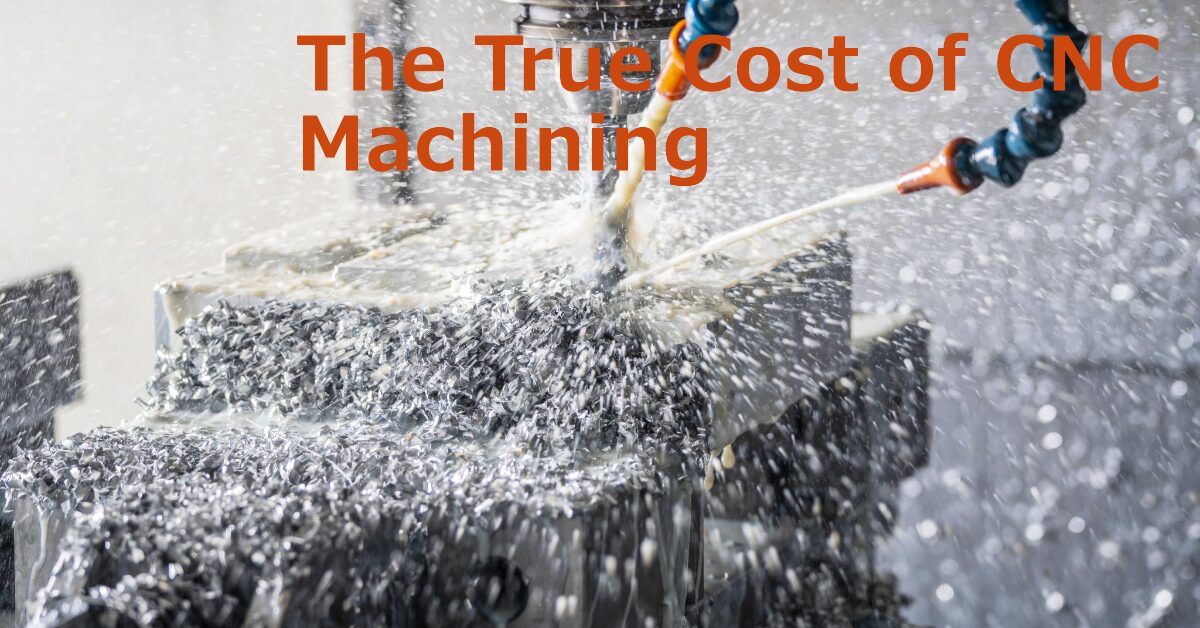Top 7 Industries That Rely on Hammer Mills (And Why)

Hammer mills are one of the most versatile and widely used machines in material reduction processes across the globe. From industrial-scale mining to everyday agricultural tasks, these machines play a vital role in crushing, grinding, and pulverizing materials efficiently. Whether stationary or a mobile hammer mill, this equipment is essential across various sectors due to its reliability, speed, and cost-effectiveness. In this article, we’ll explore the top 7 industries that use hammer mills and why this technology is crucial to their operations.
Contents
1. Agriculture and Animal Feed Production
One of the most common hammer mill applications by industry is in agriculture, particularly in producing livestock and poultry feed. Hammer mills are used to grind corn, wheat, soybeans, and other grains into uniform sizes that animals can digest easily. This not only improves nutritional efficiency but also reduces feed waste.
Hammer mills are also used to process crop byproducts such as stalks, husks, and shells into biomass or compost material. In rural and farm-based setups, mobile hammer mills are often deployed to reduce transportation needs and handle material on-site.
2. Biomass and Renewable Energy
The bioenergy sector is booming, and industries that use hammer mills play a vital role in preparing feedstock for renewable energy production. Wood chips, sawdust, agricultural residue, and other fibrous materials are often too bulky for direct conversion. Hammer mills reduce these materials into consistent sizes for pelletization or direct combustion.
By turning waste into energy, hammer mills contribute to sustainable practices and reduce the dependency on fossil fuels, especially in regions investing in bioenergy infrastructure.
3. Waste Management and Recycling
In recycling, hammer mill industrial uses are numerous. They are used to process and downsize a variety of waste materials such as glass, electronic components, plastics, and metals. Hammer mills can crush obsolete devices and scrap into smaller particles, separating valuable metals from waste efficiently.
This is especially important for e-waste recycling, where precious metals like copper and gold can be recovered from circuit boards. In this context, hammer mill applications by industry intersect with environmental responsibility and economic gain.
4. Mining and Mineral Processing
Mining operations use hammer mills to crush ores and extract valuable minerals. These machines break down rock and mineral deposits into fine particles for easier separation and processing. In artisanal and small-scale gold mining, hammer mills are commonly used to crush quartz and other ore-bearing rocks.
When used in the field, a mobile hammer mill allows operators to process material close to the extraction site, reducing haulage and improving productivity.
5. Construction and Demolition
Hammer mills are a go-to solution in construction and demolition for processing debris like bricks, concrete, and asphalt. These materials can be ground down and reused as base materials for roads, driveways, or new construction projects.
This not only reduces landfill waste but also supports the circular economy in the construction sector. Knowing what are hammer mills used for in demolition projects helps contractors choose the right equipment for recycling initiatives.
6. Pharmaceutical and Chemical Manufacturing
In the pharmaceutical industry, hammer mills are used to reduce the size of ingredients for tablets and capsules, ensuring consistency and solubility. These mills help create fine powders from bulk materials, supporting precision and safety in product formulation.
In chemical production, they help in grinding raw materials and catalysts used in processing chemicals. The uses of hammer mills in manufacturing go beyond simple reduction — they support formulation, mixing, and quality control.
7. Food Processing Industry
From grinding spices to reducing grains into flours, the food processing industry benefits greatly from hammer mill industrial uses. These machines allow manufacturers to control particle size, enhance flavor extraction, and improve the shelf life of products.
For example, a hammer mill can grind dried chili peppers into powder, or break down sugar and salt into fine granules. Sanitary-grade hammer mills are often used in this sector to meet strict food safety regulations.
Final Thoughts
Hammer mills are indispensable across multiple sectors. Whether stationary or as a mobile hammer mill, they offer efficient, scalable, and eco-friendly solutions for grinding, recycling, and processing materials of all kinds. From industries that use hammer mills like agriculture and mining, to newer sectors focused on sustainability and recycling, these machines provide unmatched versatility and value.
Understanding the hammer mill applications by industry helps businesses choose the right solution for their operational goals. As demand for efficient material processing grows, so too will the need for innovative, durable, and adaptable hammer mill solutions.





